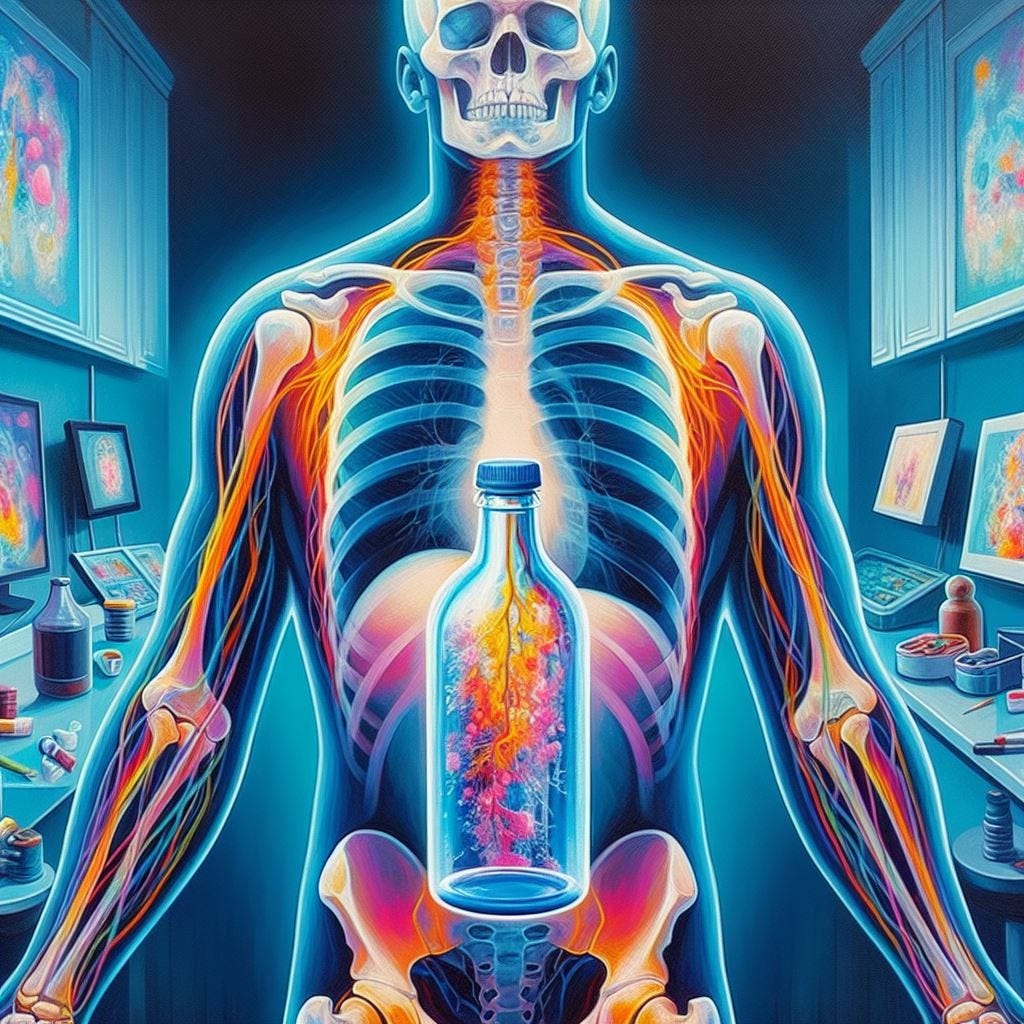The Addiction Disease Mythology
Sexy Drunk Christians: Chapter 3 Seeing the Light Part 29
The Myth’s Origin
Alcoholism/addiction is a difficult-to-understand category of harmful social and psychological behavior historically treated as moral issues, explaining some of the substance abuse treatment's current state. Today, science understands, to some degree, these problems result from complex interactions of environment, genetics, and culture, but in the thirties psychology and psychiatry were still in their infancy and psychoanalysis ruled these fields. Elaborate theories based on observation and conjecture often leaned on religion, seen readily in Carl Jung’s letter to Bill Wilson concerning another alcoholic,
His craving for alcohol was the equivalent on a low level of the spiritual thirst of our being for wholeness, expressed in medieval language: the union with God.1
More than lacking science, these fields offered no cure or cause: other than a spiritual one. Adding to addiction moralizing, Prohibition fundamentally altered the view of bars and alcohol. Author, Christine Sismondo, describes bars before the mid-nineteenth century as public forums where patrons met and discussed politics and social concerns; alcohol was widely “acceptable,” even “a panacea,” and the view as sinful did not arise until reformers like the Women’s Christian Temperance Union (WCTU) appeared.2
Like conservative politics today running on Christianity and business interests, the Temperance movement became fueled by a collection of Christian denominations and industrialists known as the Anti-Saloon League,



